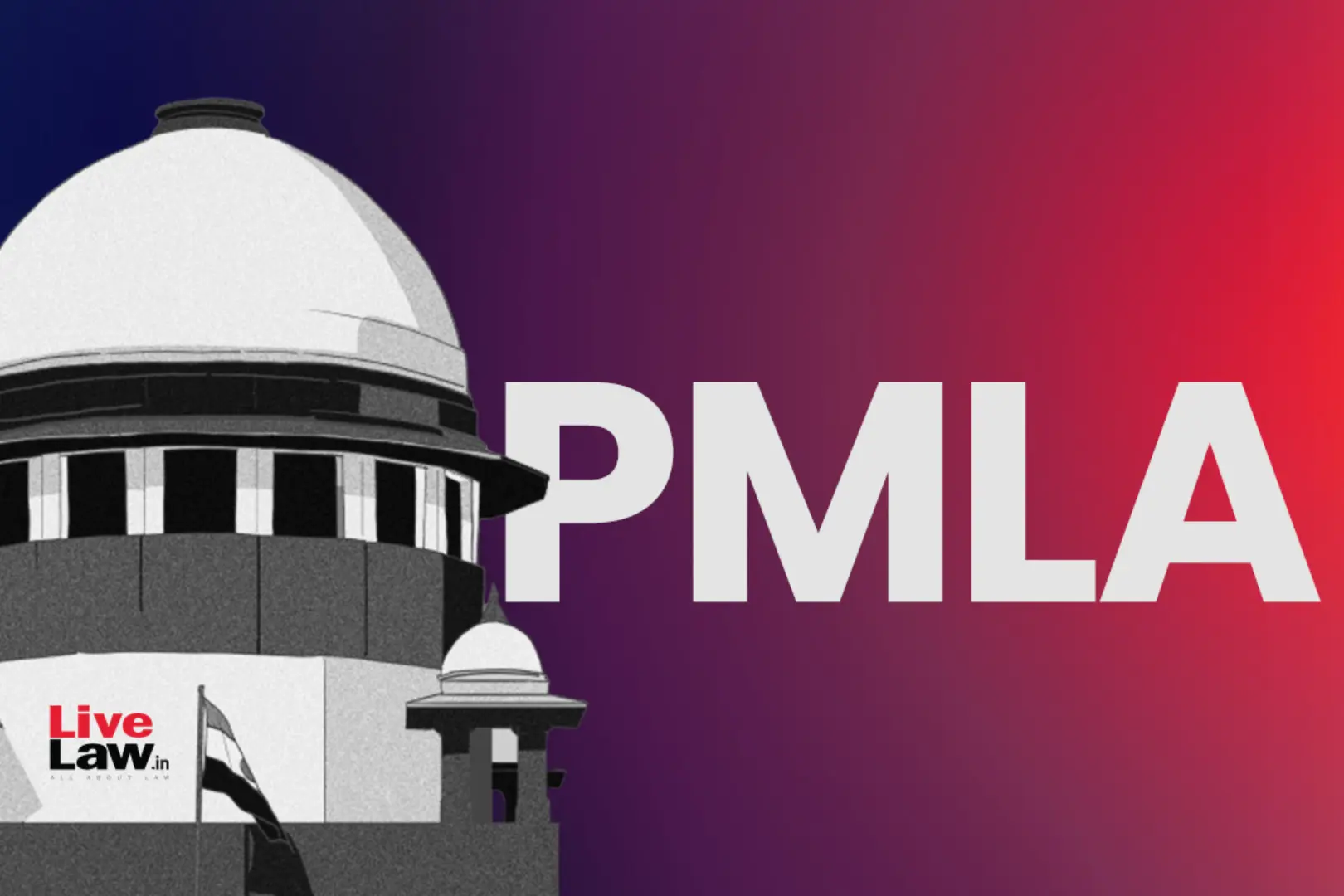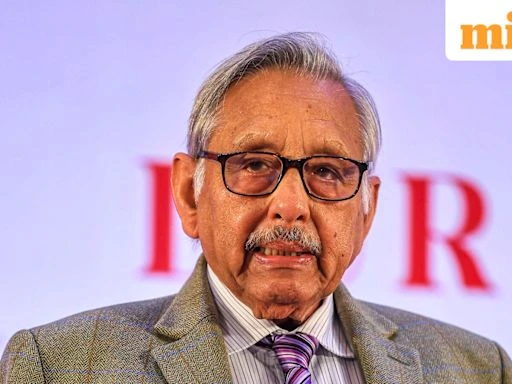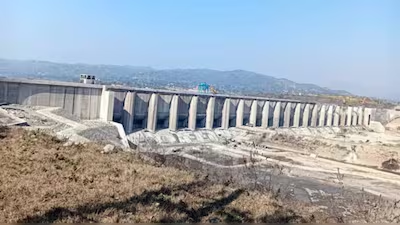25-Sep-2024, 11:32 AM
In a significant legal development, the PMLA Appellate Tribunal has ordered the Enforcement Directorate (ED) to maintain the current status regarding the ownership of properties linked to a former judge implicated in a high-profile case. This ruling comes amid ongoing investigations into alleged money laundering activities associated with the judge, which have raised serious concerns about corruption within the judiciary.
Background of the Case
The case centers around allegations that the former judge was involved in corrupt practices, including accepting bribes and misusing his position to facilitate illegal transactions. The ED initiated investigations under the Prevention of Money Laundering Act (PMLA), targeting properties believed to be acquired through illicit means. These properties were under scrutiny as part of a broader effort to trace and recover assets linked to corruption.
Tribunal’s Ruling
The PMLA Appellate Tribunal’s recent order emphasizes that the ED must uphold the existing situation regarding these properties until further investigations are completed. This decision is crucial as it prevents any unilateral action by the ED that could disrupt the status quo or lead to potential violations of legal rights. The tribunal’s directive reflects a commitment to ensuring due process and fairness in handling cases involving high-profile individuals, particularly those within the judiciary.
Implications of the Decision
This ruling has several implications for both the ED and the judicial system in India. First, it underscores the need for thorough investigations before any drastic measures are taken regarding property seizures or asset freezes. The tribunal’s insistence on maintaining the current ownership status serves as a reminder that allegations alone do not warrant immediate punitive actions without substantial evidence.
Moreover, this case highlights ongoing concerns about corruption within India’s judicial system. The involvement of a former judge raises questions about accountability and transparency, prompting calls for reforms to strengthen oversight mechanisms within the judiciary.
Reactions from Legal Experts
Legal experts have welcomed the tribunal’s decision, noting that it reinforces the principle of presumption of innocence until proven guilty. They argue that while combating corruption is essential, it is equally important to ensure that individuals’ rights are protected throughout legal proceedings.
Conclusion
The PMLA Appellate Tribunal’s order represents a critical juncture in the ongoing investigation into allegations against a former judge. By mandating that the ED maintain the current ownership status of properties involved in this case, the tribunal is upholding legal principles while allowing for continued scrutiny of corruption within India’s judicial framework. As this case unfolds, it will be closely monitored by legal analysts and advocates for justice reform, highlighting the delicate balance between enforcing laws and protecting individual rights in high-stakes situations.





